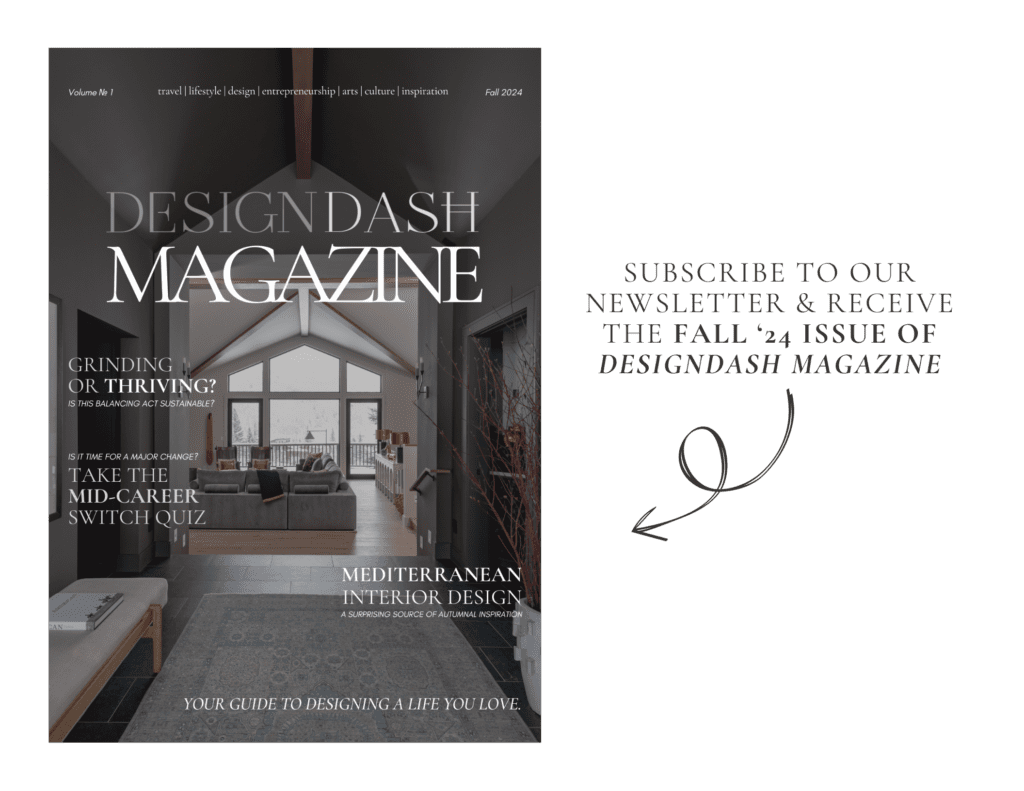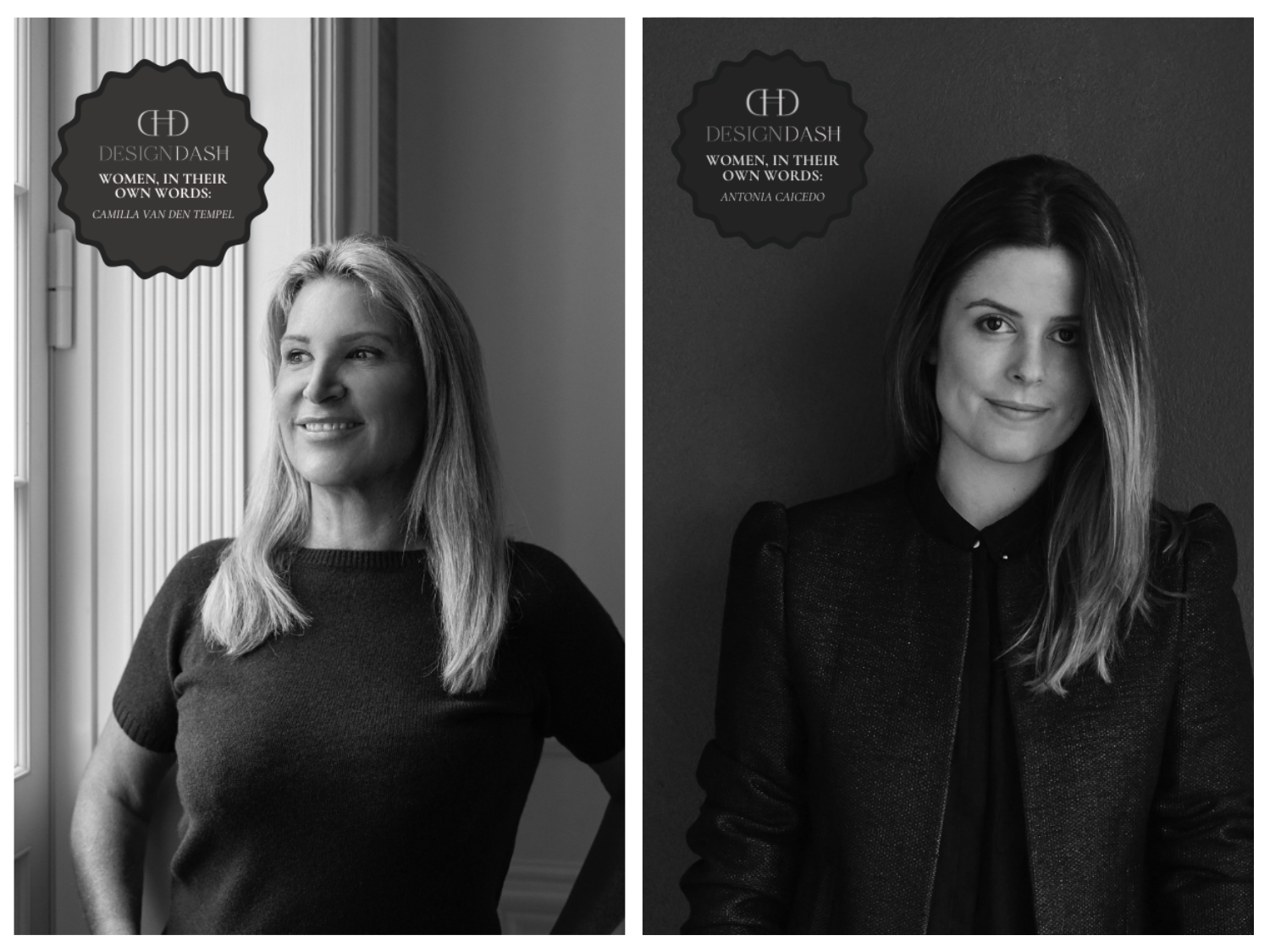

Epistemic Injustice: How Feminist Philosophy Explains Why Women’s Voices Are Undervalued in Creative Industries
Summary
Epistemic injustice, a concept coined by philosopher Miranda Fricker, explains how women’s voices are often undervalued in creative industries due to systemic biases and identity prejudice. This article explores how these injustices manifest, such as through testimonial and hermeneutical marginalization, and provides actionable strategies to challenge these patterns. By advocating for ourselves and others, we can create more inclusive industries where all contributions are recognized and celebrated.
Reflection Questions
- Have you ever experienced a moment when your expertise or ideas were undervalued? How did that impact you, and what could have been done differently?
- In what ways do your workplace or industry perpetuate the undervaluing of women’s voices? How might you challenge these dynamics?
- How can you actively support other women in your industry to ensure their contributions are recognized and valued?
Journal Prompt
Reflect on a time when you felt your voice was dismissed or undervalued in your work. How did it make you feel, and what actions, if any, did you take to address it? Consider ways you can assert your authority and support others in similar situations to foster a more inclusive and equitable creative industry.
Have you ever shared a brilliant idea in a meeting, only to watch it get ignored until someone else repeats it later—and suddenly, it’s genius? If that sounds familiar, you’re not alone. Women in creative industries often deal with this incredibly frustrating dynamic, where their contributions are undervalued or dismissed entirely. Miranda Fricker called this “epistemic injustice.”
Whether you’re an interior designer, artist, gallery owner, or graphic designer, these experiences are more than just annoying flies in the ointment of professional life. Instead, they reflect deeper societal patterns of inequity. In our article, we’ll explore the concept of epistemic injustice, which is a framework from feminist philosophy that explains why this happens and how to push back.
Together, we’ll talk about the challenges many of us face, uncover solutions, and empower you with practical tools to ensure your voice is heard and your contributions are recognized. And don’t forget to help other women if you’re a colleague or business owner. Let’s get into it.
What Is Epistemic Injustice? A Quick Primer Before We Delve Deeper


A term coined by philosopher Miranda Fricker, epistemic injustice refers to the harm that occurs when someone is unfairly discredited or their experiences are undervalued as a source of knowledge. This doesn’t refer solely to being ignored; it’s more about how social identity and power dynamics systematically distort whose voices are heard and respected.
For women in creative industries, this can manifest in subtle but pervasive ways like being sidelined in project decisions or having ideas dismissed until validated by someone else. Of course, it can also include more overt poor treatment like sexual harassment. Understanding epistemic exploitation helps us recognize these patterns and take steps toward achieving epistemic justice, where all contributions are valued on their own merits.
A Bit More About Professor Miranda Fricker


Miranda Fricker is a prominent British philosopher renowned for her contributions to ethics, feminist philosophy, and social epistemology. She is a Professor of Philosophy at New York University and co-director of the New York Institute of Philosophy.
Her seminal work, Epistemic Injustice: Power and the Ethics of Knowing (2007), published by Oxford University Press, introduced the concept of epistemic injustice, exploring how power dynamics and identity prejudice can lead to unfair treatment in knowledge practices. Fricker’s research explores how social power influences whose voices are heard and valued, shedding light on issues like testimonial injustice and hermeneutical injustice. Her work has significantly influenced contemporary discussions on social justice and the ethics of knowledge.
Elements of Epistemic Injustice
Testimonial Injustice: The Undervaluing of Knowledge
Testimonial injustice occurs when a person’s credibility is unfairly diminished due to identity prejudice. This means that someone’s testimony—whether a suggestion in a meeting, an interpretation of design choices, or a proposed creative direction—is dismissed simply because of who they are.
For example, a female architect might hear her ideas brushed aside as “too ambitious” only for a male colleague to present the same concept and be praised. These credibility deficits aren’t just frustrating; they perpetuate dysfunctional dynamics in which women’s expertise is systematically undervalued. Addressing testimonial injustice begins with recognizing and challenging such prejudices in ourselves and our workplaces.
Hermeneutical Injustice: Lacking the Tools to Be Understood


Hermeneutical injustice occurs when marginalized groups, like women in male-dominated creative fields, lack the conceptual resources or language to fully articulate their experiences. For instance, there’s often no clear terminology for the unpaid emotional labor that goes into understanding a client’s unstated desires or managing interpersonal dynamics within a team—tasks disproportionately falling to women.
This hermeneutical marginalization leaves such contributions systematically distorted or entirely invisible in professional evaluations. Fricker argues that achieving hermeneutical justice requires creating communicative practices that give all voices equal space to define their own experiences.
Fuel your creative fire & be a part of a supportive community that values how you love to live.
subscribe to our newsletter
*please check your Spam folder for the latest DesignDash Magazine issue immediately after subscription


Examples from Creative Industries That You Might Relate to
Epistemic injustice often feels personal, but it’s a product of unjust structures and social imaginaries that disproportionately affect women. Imagine an architect being told her detailed analysis is “too emotional” or a gallery owner whose intuitive understanding of art is dismissed as “just a hunch.”
These instances of testimonial quieting reflect how social power can undermine epistemic agency. By naming these issues, we can begin to challenge unfair differentials in credibility and create spaces where diverse perspectives are genuinely respected.
How Epistemic Injustice Might Affect You at Work


In creative industries, systemic issues rooted in gender biases often undermine women’s contributions and reinforce their diminished status. These biases can surface in client interactions, where women might have to over-explain their expertise to be taken seriously, or in project leadership roles, where their authority is questioned more than their male counterparts’.
Recognition is another area of inequity—while women may excel in their fields, they’re often overlooked for awards or leadership opportunities, reinforcing unjust structures. For example, consider how interior design, often associated with women, is undervalued compared to architecture, traditionally a male-dominated field, despite both requiring comparable creativity and technical skill.
The Undervaluing of “Women’s Work”
“Women’s work” in creative fields is frequently undervalued, both financially and culturally. Interior design, for instance, is sometimes dismissed as merely decorative or superficial, while architecture is praised for its intellectual rigor.
Similarly, crafts like ceramics, weaving, or knitting—fields where women are often prominent—are marginalized as “hobbies” rather than serious artistic disciplines. These perceptions reflect broader societal biases, where contributions from women are deemed less significant than those from men. Challenging these views requires recognizing the profound artistry and skill involved in all creative work, regardless of gendered assumptions.
Gender Bias and “Niche” Markets of Creative Industries
Gender bias in creative industries often manifests in frustratingly familiar ways. One common scenario is a male colleague taking credit for a woman’s idea during a meeting, a clear example of testimonial injustice. Similarly, women writers, painters, or other creatives are frequently pigeonholed into “niche” markets, such as romance novels or decorative art, rather than being celebrated for their versatility.
These practices not only reinforce epistemic oppression but also limit the diversity and richness of the creative industry as a whole. By identifying these patterns, we can take steps to amplify women’s voices and ensure their contributions are valued on their own merits.
The Feminist Philosophy Perspective


Epistemic injustice doesn’t arise in isolation—it is baked into societal structures that distribute power unequally. Dominant groups often shape what counts as valuable knowledge, sidelining perspectives that challenge the status quo.
In creative industries, this can look like undervaluing women’s voices because their contributions don’t align with traditional (often male-centric) narratives of expertise or innovation. This kind of epistemological violence diminishes women’s status as credible contributors, creating unfair differentials in whose ideas are heard, respected, and acted upon. Feminist philosophy helps us see these dysfunctional dynamics for what they are: not isolated incidents, but symptoms of broader inequities.
How Gendered Assumptions Influence Credibility


Gendered assumptions play a major role in creating credibility deficits for women. When a woman’s testimony is dismissed because she is seen as “too emotional” or “not technical enough,” it reflects deeply ingrained biases that unfairly distrust her expertise.
These assumptions also contribute to hermeneutical marginalization, where women’s unique experiences are either ignored or distorted to fit the dominant social imaginary. For example, a female ceramicist’s work might be labeled as “craft” rather than “art,” subtly devaluing her skills and vision. Recognizing such prejudices is the first step toward achieving testimonial justice, where credibility is assessed based on merit rather than stereotypes.
Fuel your creative fire & be a part of a supportive community that values how you love to live.
subscribe to our newsletter
*please check your Spam folder for the Mid-Career Switch Quiz after subscription


Hopeful Framing: Disrupting Patterns of Injustice
While the challenges are real, feminist philosophy also offers a hopeful lens: these patterns of epistemic injustice can be recognized, disrupted, and ultimately transformed. By developing epistemic virtues such as open-mindedness and humility, we can foster environments where all contributions are respected.
Feminist theorists, including Fricker, suggest that achieving epistemic justice requires us to actively create inclusive communicative practices, such as amplifying marginalized voices and challenging unfair differentials in credibility. For creative industries, this means rethinking how we assess value, share recognition, and design systems that ensure everyone—regardless of gender—has the epistemic agency to thrive.
Actionable Strategies to Combat Epistemic Injustice
The first step in addressing epistemic injustice and protecting yourself is naming it. Recognize moments when your voice is being dismissed, undervalued, or unfairly scrutinized.
For example, if you find your ideas repeatedly ignored until a colleague echoes them, it’s a clear sign of testimonial injustice. Once you identify these patterns, assert your authority with confidence.
You are the expert on your work—whether that’s curating a gallery exhibit, designing an innovative space, or crafting unique ceramic pieces. Practice framing your ideas with certainty and professionalism, reinforcing your credibility and challenging the unjust structures that allow these biases to persist.
For Others: Amplify and Educate


Supporting other women is crucial to disrupting epistemic injustice. If a colleague’s idea is being ignored, advocate for her by redirecting the conversation back to her contributions. Simple phrases like, “That’s a great point, let’s hear more about it,” can make a huge difference.
Beyond meetings, educate your team about concepts like epistemic injustice, testimonial quieting, and hermeneutical marginalization. By sharing resources such as Miranda Fricker’s Epistemic Injustice or the Routledge Handbook of Epistemic Injustice, you can raise awareness and foster an environment where diverse perspectives are celebrated, not dismissed.
In Your Business: Build Inclusive Practices
As a business owner or leader, take a hard look at how your team operates. Is there any wrongful treatment? Are all voices equally valued in meetings? Are ideas from women given the same weight as those from men? Evaluate whether your business fosters inclusivity and actively seeks out diverse perspectives.
Beyond culture, create tangible structures that ensure fair credit and opportunities. This could mean implementing clear attribution policies, offering equal access to leadership roles, or designing feedback processes that minimize identity prejudice. These changes help dismantle unfair differentials and empower all team members as epistemic agents contributing to shared success.
By taking these steps for yourself, others, and your business, you can actively combat the dysfunctional dynamics of epistemic injustice and build a more just, innovative, and collaborative creative community.
Why Women’s Voices Are Essential in Creative Fields


Women bring distinct, invaluable perspectives to creative fields, driving innovation, empathy, and cultural resonance. Their experiences and insights often challenge the status quo, opening doors to new possibilities and approaches.
For example, women designers frequently prioritize both form and function, creating spaces that are not only visually stunning but also deeply human-centric. This blend of practicality and beauty enriches everything from architecture to graphic design, proving that women’s contributions are not only relevant but transformative. Reframing the narrative to celebrate these strengths helps counteract the distorted presence of women’s voices in the creative world.
Iconic Women Who Changed Their Industries


History offers countless examples of women whose voices have reshaped creative industries. Zaha Hadid, for instance, redefined architecture with her visionary, fluid designs that challenged traditional forms. Neri Oxman blends technology, art, and biology to create innovations at the intersection of design and science.
Louise Bourgeois transformed sculpture by embedding it with deeply personal and feminist themes, influencing generations of artists. These women weren’t just creators—they were disruptors who refused to let identity prejudice silence their work. Their stories remind us of the power women hold to redefine industries when their voices are heard and valued.
Final Thoughts: Building a More Inclusive Creative Industry


Understanding that epistemic injustice occurs in the workplace gives us the tools to recognize and challenge the subtle ways women’s voices are undervalued in creative industries. By identifying these patterns—whether through testimonial injustice, hermeneutical marginalization, or other forms of epistemic oppression—we can begin to advocate not only for ourselves but for others as well.
Every time we name the problem, amplify a colleague’s contribution, or push back against unfair treatment, we take a step toward reshaping the status quo. Together, we can build industries that don’t just accommodate women’s contributions but actively celebrate them as essential to innovation, cultural resonance, and progress. It’s time to ensure that every voice, including yours, is heard, respected, and valued.
To celebrate women in the design industry, we encourage you to explore our Women, in Their Own Words interview series.
Resources for Further Exploration


- Epistemic Injustice by Miranda Fricker
- Theories of Art Today by Noël Carroll
- Invisible Womenby Caroline Criado Perez








